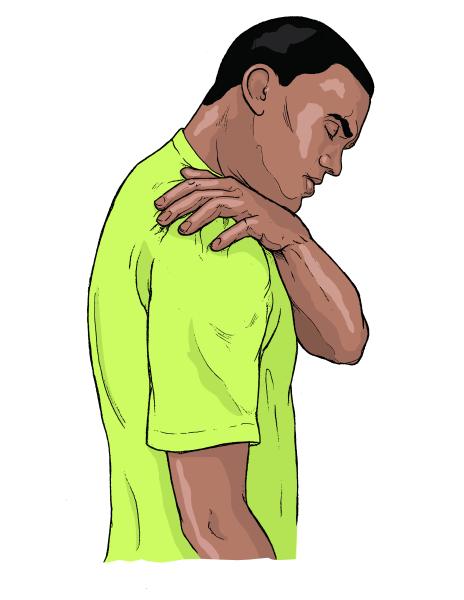As my co-worker handed me an advertisement addressed to me, she said “I know you are going to throw it out, but that’s your call” while we laughed in unison at my historical lack of guile given the circumstance. This time, the mailer was selling a teething product for infants. One that, as a pediatrician, I would never recommend. As with that one and others like it, they can do more harm than good with an intention of masking a fleeting, but normal growing pain (aka teething).
You see, this particular teething product contains a drug that is a local anesthetic which shouldn’t be swallowed (or applied topically in high concentration); and, is especially concerning in a baby since they are small, highly susceptible to adverse effects from lower doses than adults and there are practical safety challenges to quantifying how much they ingest - with overapplication being most common. Other such items contain a poison named belladonna and have also been pulled off the market due to serious consequences - and most of these espouse “homeopathic” or “natural” labelling, see here.
It is the teething itself that is in fact what is natural, not these products.
All to manage the “pain” of teething. When, in reality, it is the empathetic parent who is pained by even the slightest perception, real or imagined, that his or her infant is suffering. Understandable. The problem is, the mere existence of these products pathologizes one of the most normal and natural physiologic processes all humans endure. A growing pain that comes and goes, doesn’t last terribly long, whose hallmark is fussiness and is inevitably outgrown - readily soothed by alternative measures that don’t mandate a medication.
We are a culture that prioritizes instant gratification and is instinctually reflexive about taking a pill or other fix immediately to end pain. When, actually, it is pain that can in a number of conditions be our greatest gift.
Many surgical emergencies begin with the complaint of pain. Numbing that pain with certain pharmaceuticals can be particularly dangerous. The pain helps guide the solution that can genuinely correct and resolve the issue. Narcotics by diminishing it can delay diagnosis and slow down the gut which can worsen and disguise the original underlying abdominal concern, for instance.
Presenting with pain after a surgery can actually be a blessing as it can assist in more rapid detection of the complication, preventing its evolution and an accompanying negative chain reaction. In fact, having pain at all is intended as a survival mechanism to inform us of the need to flee from danger.
The litany is long in the medical realm of the purpose and great benefit of pain. When the capacity to feel pain is lost, albeit through a catastrophic event or disease progression, the individual can do considerable harm and injury to himself.
Then, there is the emotional pain of simply living a full and meaningful life. Our society attempts lately at every pass to demonize the slightest existence of suffering and pain. And any such difficulties must be rooted out at all costs - along with such arbitrary eradication comes an absence of coping capacity. It is a fine line between genuinely destructive trauma and purposeful adversity. We, as a culture, are constantly confusing the two. Even the former, which can certainly be devastating with reverberating consequences, does not have to mean a lifetime of victimization and turbulence. And, the latter, can be a tremendous gift that right’s your path to buoy resilience, or even attain greatness.
To learn more, read Sanitizing Childhood of Adversity Chips Away at Resilience.
Though no one wants to experience pain and we are often moved to eliminate it from the lives of our loved ones, elements of pain’s lessons can save us from taking the wrong path through invaluable course correction. It can motivate us to seek help by alerting us we are on the precipice of a downward spiral. It can illuminate the world around us by allowing us to see how much we should appreciate and be grateful for when we are no longer in pain.
In the end, pain means you are actually living, growing and evolving. Making the feeling of it extinct will not perpetuate our survival (eg addiction, overdose). Having it, helps us determine the cause which compels us to scratch beyond the surface to try to make it better and reverse the damage. The tricky part is discerning when it becomes so onerous to be pathological to require aggressive intervention.



